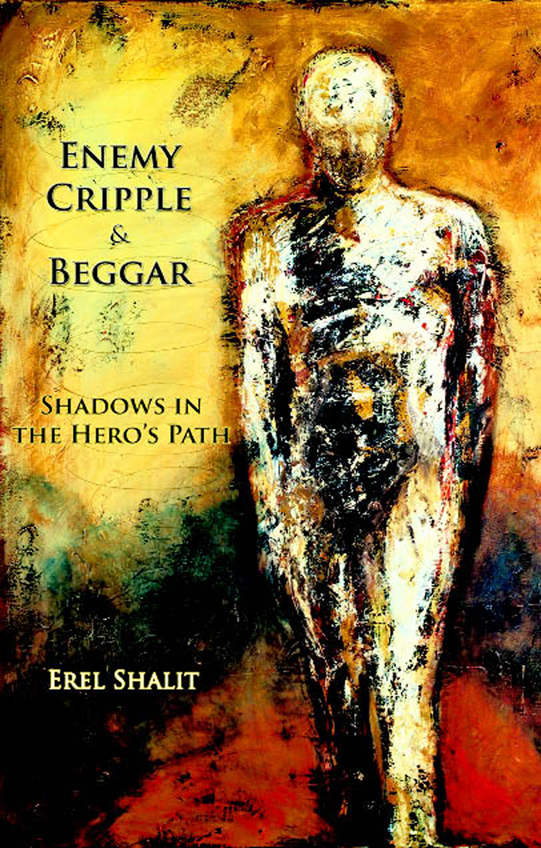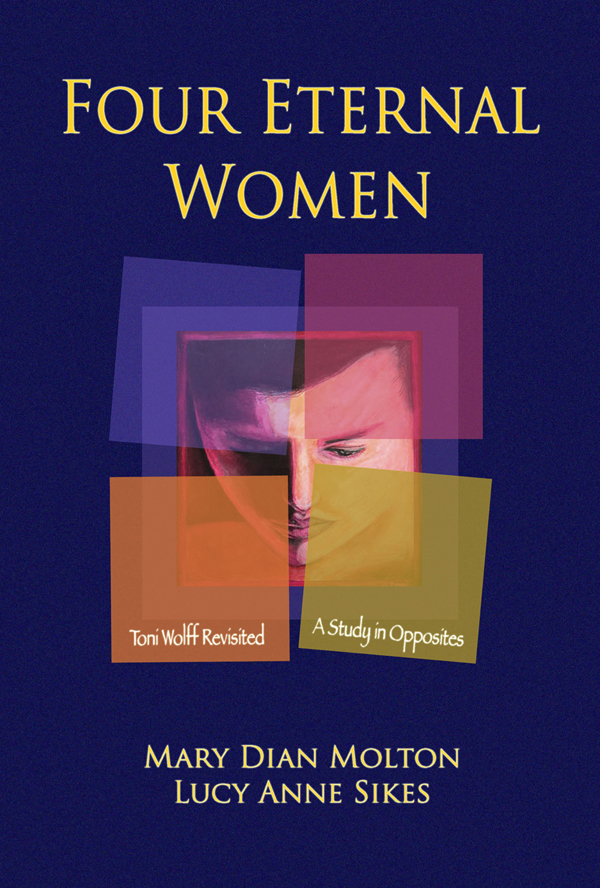
Article by Erel Shalit
The fire and the flames of revolt sweep across the Arab Crescent. Does the unrest herald the requiem of the Arab Kings? Perhaps these are the torches of democracy that are lit by the oppressed, the banners of freedom that defy non-elected rulers and dictators. Perhaps this proclaims the dawn of a new era, echoing the prospects and possibilities of change in the Middle East.
Or do darker forces linger in the shadow of hope and freedom, hiding behind the veils, holding their horses behind the courageous, ready to ride forth on the waves of uprising, when the time is ripe?
In Tunisia, Zine Ben Ali was ousted, but it seems the old guard and the army generals still hold on to power. The January Jasmine revolution simply led to a coup from within, likely generating reforms, but not necessarily a change of power or structure of the authoritarian regime. In Lebanon, the Hezbollah staged a coup, the Syrians threatened the Druze leader, and the Prime Minster was quickly ousted, replaced by a puppet in the hands of Iranian-directed Hezbollah, who now holds political and military power in the country.
In Egypt we witness the clash of major opposing forces:
From a Western perspective, democratic forces have risen against the dictatorial regime. Toward the end of his 30-year autocratic rule, Mubarak offers reforms, and cynically one may wonder, why did he not implement those suggested reforms during the decades he had the exclusive power to do so.
But no less perplexing, where were the voices of protest against Mubarak’s regime and its oppression of human and civil rights until now? Is it perhaps indicative that Egypt for decades was a member of the UN Human Rights Commission and its successor the Human Rights Council? Never did any of these bodies investigate or report on human rights violations in Egypt, while half of the Council’s critical decisions and resolutions on specific states’ human right’s records have been about Israel.
While Mubarak retained a cold peace with Israel, he not only refrained from visiting (except for the funeral of Itzhak Rabin), but did nothing to prevent hatred, or promote education toward peace – unfortunately similar to the Palestinian Authority.
From an Iranian perspective, this is the beginning of an Islamic renaissance in the Middle East, a movement toward removing the West’s autocratic puppet regimes.
And for a brief moment, Mohamed ElBaradei has returned to Egypt to play the temporary façade and front, the marionette of the different forces that believe that his Janus-face serve their interests, prominently so the Muslim Brotherhood, themselves speaking in different tongues. Only innocent desire, naïve hope and the blindness of denial award him a Nobel Peace Prize, until his persona of deceit, particularly as regards Iran's true intentions, was torn off by his successor at the International Atomic Energy Agency.
Egypt seems to reflect the forces that are played out across the Middle East: the people against the autocrats; army vs. Islamic fundamentalism. Also the Islamic revolution in Iran was initially an uprising against the oppressive regime of the Shah, until it became a revival of Islam. However, in spite of the similarity, there is a difference between Shia Iran and Sunni Egypt.
Democracy is more than elections. Yasser Arafat was elected, but never felt a need to stand for re-election. And following the West’s insisting on Palestinian elections, the result has been two governments and a military coup. Free elections are a manifestation, a symptom of democracy. Democracy is a state of mind, which evolves through the establishment of democratic institutions, parties, free press, and education. The transition to democracy can be sudden, since freedom is an archetypal need, just like the development of consciousness. But it requires a balance of forces. Democracy requires more than “one person, one vote, one time,” which may be the result of elections when non-democratic forces exploit a situation of confusion, depression and despair, as has happened in history, such as but not only Germany in the 1930s.
How will the present changes affect Israel? Geo-politically, it will likely not be easier. The cold yet strategically vital peace with Egypt, and the formal agreement between the countries may be in danger. Israel is likely to become even more alienated in the area, possibly emphasizing its identity as a Mediterranean country rather than a nation in the Middle East. The right in Israel will conclude that there really is no one to make peace with, and sigh in relief. The left, on the other hand, will claim the necessity and urge to move ahead toward agreements with the Palestinians.
Can similar uprisings to the ones in Tunisia and Egypt (and prior to that, the 2009 election protests in Iran, unfortunately much more weakly supported by the West), take place in Israel? Yes and no. (This is, in fact, part of the story line of
Requiem: A Tale of Exile and Return. No, because Israel is a democracy, with freedom of expression, protest and free elections.
Yes, because democracy in Israel is a vulnerable balance between powerful forces. There is increasing reluctance of the majority to carry the extra-ordinary military and financial burdens of political stalemate and orthodox religious draining of state resources , enabled by a weak government paying for power (by giving in to corrupt coalition demands, rather than preserving integrity - leading to attempts to burden the majority with even heavier taxes).
Primarily, the Arab minority in Israel proper is torn between the benefits, in spite of longtime negligence, of living in Israel, and their identity as Palestinians. If major efforts are not made to bring greater equality and integration of the Arab minority, unrest seems inevitable.
And if Israel does not withdraw and define its borders in such a way that the Palestinians can establish a viable state based primarily in the West Bank, the country will find itself in a condition of permanent unrest and conflict between Jews and Arabs, lose its democratic basis and deteriorate internally and internationally.
The present government may turn its weakness into an asset, by considerably revising its policies, opening up toward sincere negotiations. The leaks from the previous government's negotiations with the Palestinian leadership simultaneously demonstrate the possibility of progress, and the difficulty finalizing an agreement. But stalemate will bring an end to the present government, since clearly these are times of change.
Erel Shalit is a Jungian psychoanalyst in Ra’anana, Israel. He is a training and supervising analyst, and past president of the Israel Society of Analytical Psychology (ISAP). He is the author of several publications, including
Enemy, Cripple, Beggar : Shadows in the Hero's Path
: Shadows in the Hero's Path,
Requiem : A Tale of Exile and Return
: A Tale of Exile and Return,
The Hero and His Shadow : Psychopolitical Aspects of Myth and Reality in Israel
: Psychopolitical Aspects of Myth and Reality in Israel and
The Complex
: Path of Transformation from Archetype to Ego.
 Fisher King Press publishes an eclectic mix of worthy books including Jungian Psychological Perspectives, Cutting Edge Fiction, and a growing list of alternative titles.
Fisher King Press publishes an eclectic mix of worthy books including Jungian Psychological Perspectives, Cutting Edge Fiction, and a growing list of alternative titles.
- International Shipping.
- Credit Cards Accepted.
- Phone Orders Welcomed: +1-831-238-7799 skype: fisher_king_press
Fisher King Press publishes an eclectic mix of worthy books including Jungian Psychological Perspectives, Cutting Edge Fiction, and a growing list of alternative titles.





